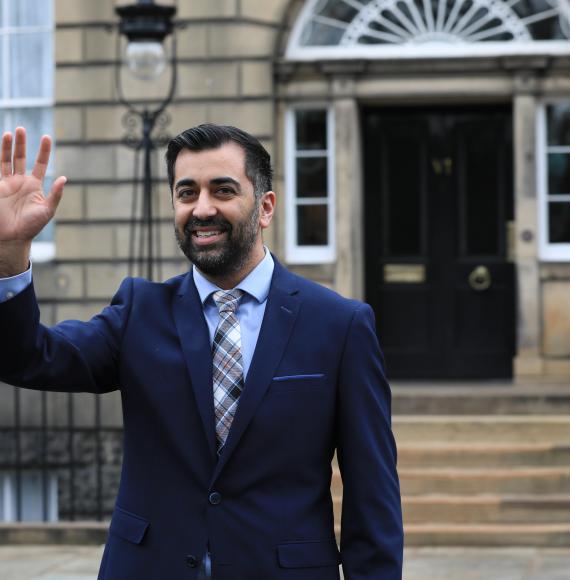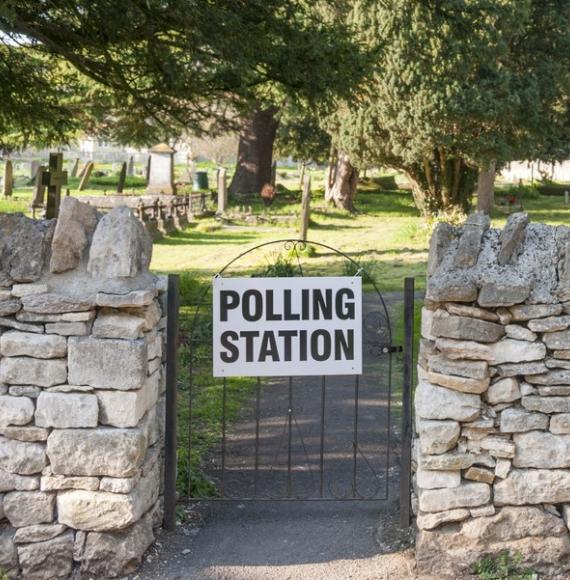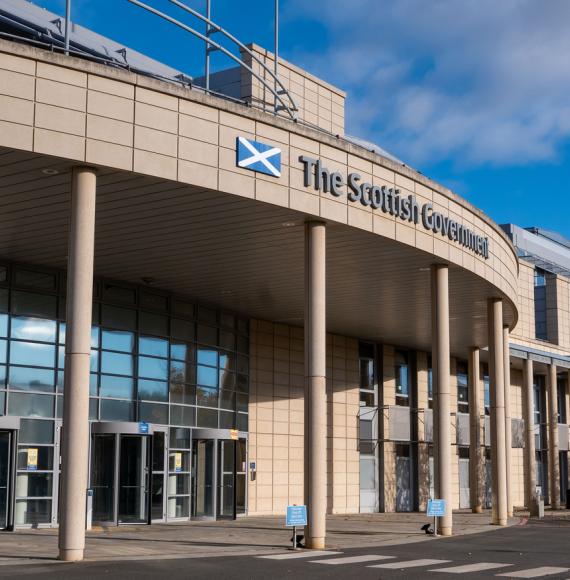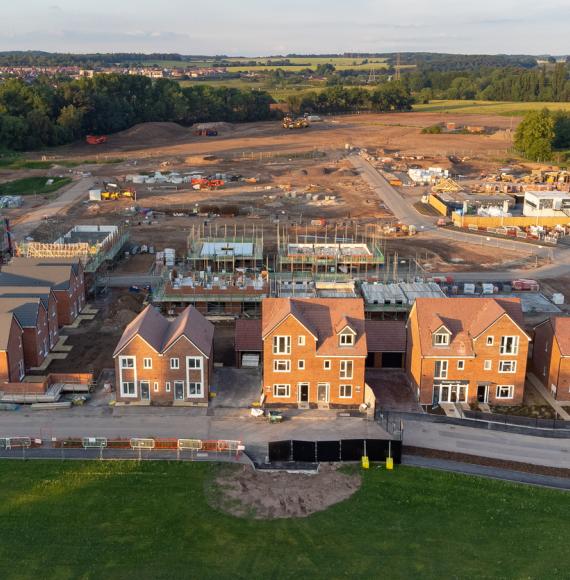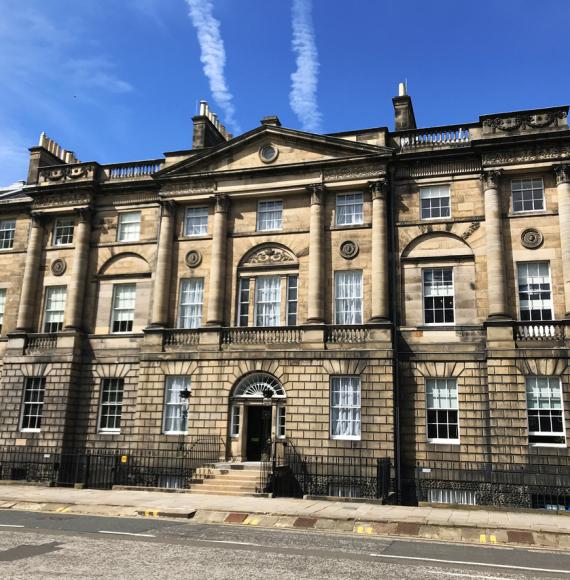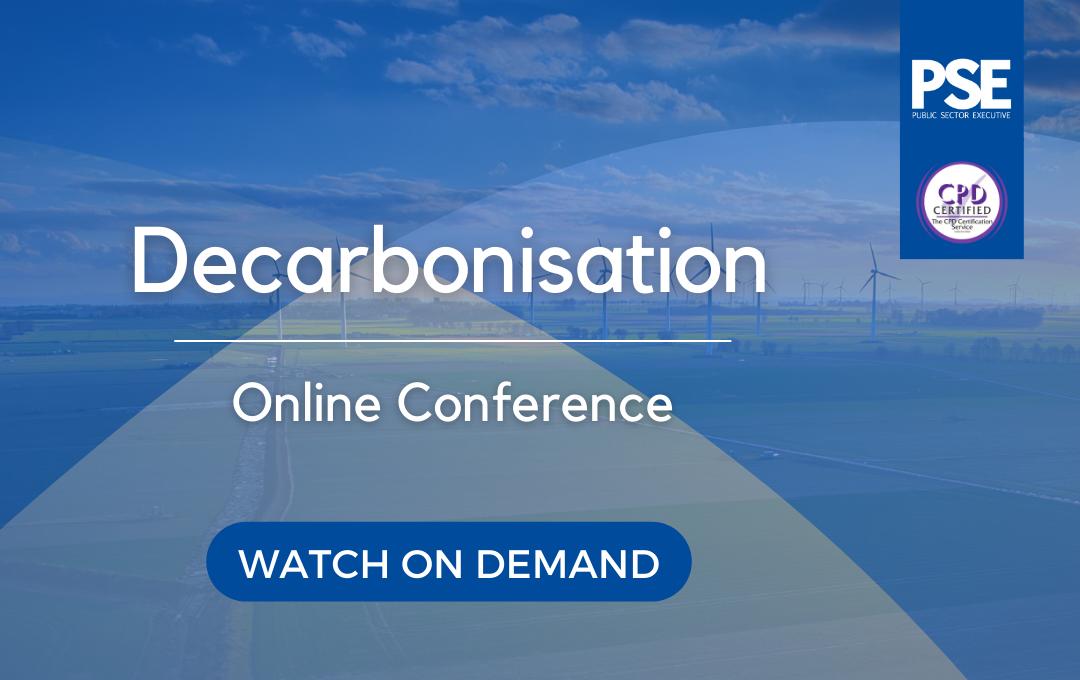This week, it was announced that the Prime Minister will grow investment in the defence budget by 2.5% of the nation’s GDP by 2030 – however planned civil service cuts don’t seem to free up enough funding.
Spending on defence is to increase immediately, with linear rises coming over the course of the next six years. This means an additional £75 billion, before reaching £87 billion per year in 2030. These plans include:
- Investing at least £10 billion on munitions production and high-quality jobs across the UK
- Modernising the armed forces by reforming defence procurement and creating a new Defence Innovation Agency
- Committing an additional £500 million this year to support Ukraine’s defence through ammunition, air defence, and drones.
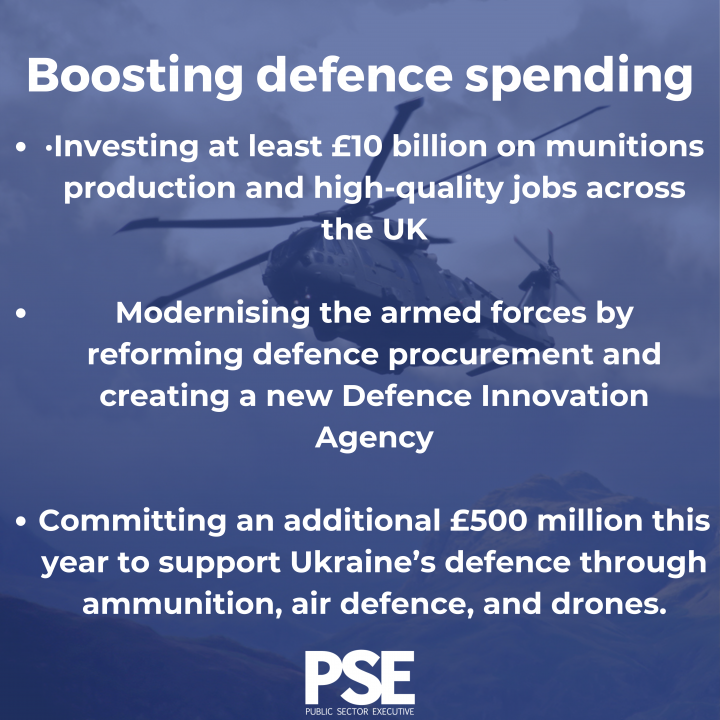
Speaking about the investment, Prime Minister Rishi Sunak said:
“In a world that is the most dangerous it has been since the end of the Cold War, we cannot be complacent. As our adversaries align, we must do more to defend our country, our interests, and our values.
“That is why today I have announced the biggest strengthening of our national defence for a generation. We will increase defence spending to a new baseline of 2.5% of GDP by 2030 – a plan that delivers an additional £75 billion for defence by the end of the decade and secures our place as by far the largest defence power in Europe.
“Today is a turning point for European security and a landmark moment in the defence of the United Kingdom. It is a generational investment in British security and British prosperity, which makes us safer at home and stronger abroad.”
In response to the plans, the Institute for Government has stated that the announcement ‘doesn’t add up’ and has claimed that cutting civil service jobs won’t free up enough budget to pay for the investment.
Commenting on the fact that the Prime Minister stated how savings can be made by cutting 70,000 jobs across the civil service – something that was mentioned during the Chancellor’s Spring Budget – the IfG says that the total civil service wage bill only amounts to approximately £20 billion.
Institute for Government Chief Economist Gemma Tetlow wrote:
“As the Institute has previously argued, there is a case for making savings from the civil service, though it would be better to focus on how best to save money instead of setting arbitrary headcount targets. But with the civil service pay bill only amounting to around £20bn, this scale of staff cuts will only make a small dent in the much larger cuts that will be required to adhere to the government’s fiscal rules. Claiming savings from civil service efficiencies is a ‘line to take’ for minister in interviews and not a serious plan.”
Should the plans to increase defence spending continue into another parliament, it remains to be seen how the budget will be unlocked, however the government cannot rely on cutting staff numbers within the civil service, especially at a time when the quality and performance of public services continue to encounter problems.
Image credit: iStock






